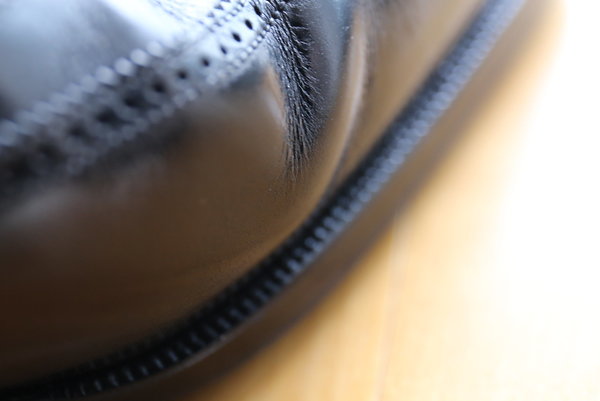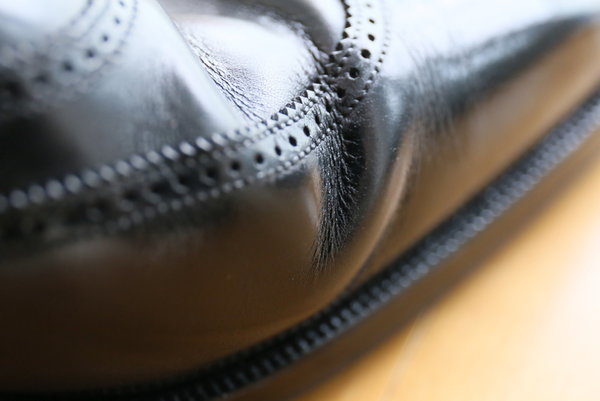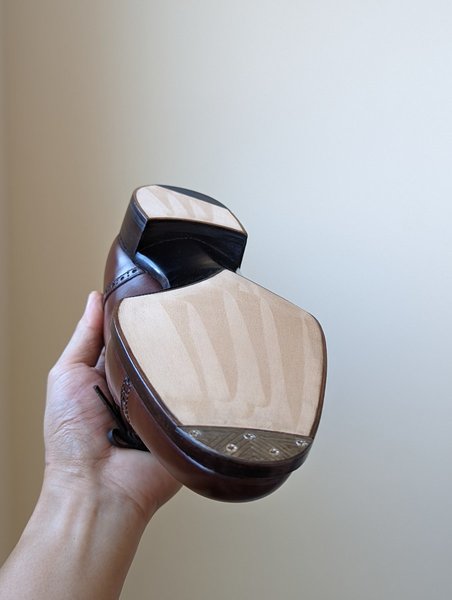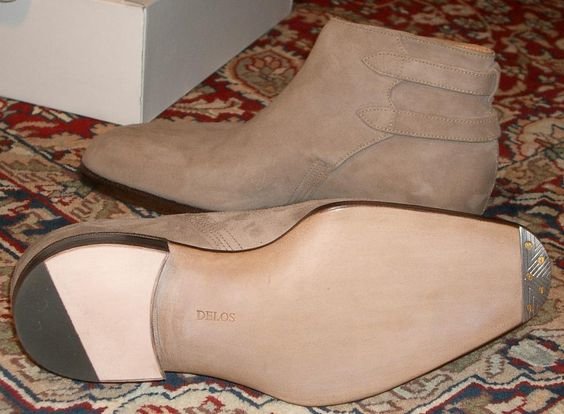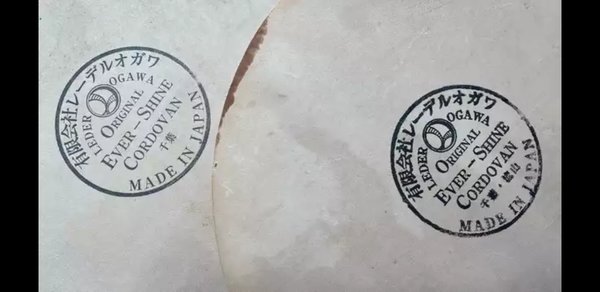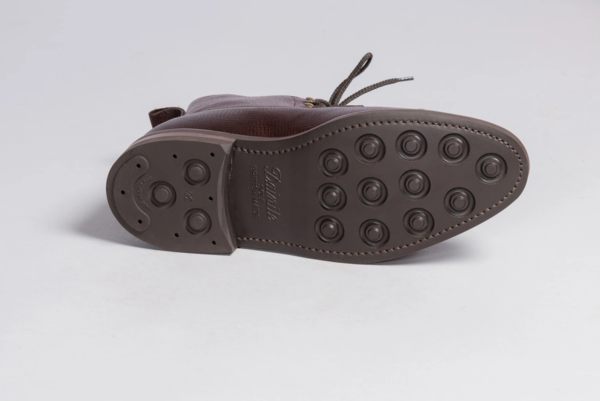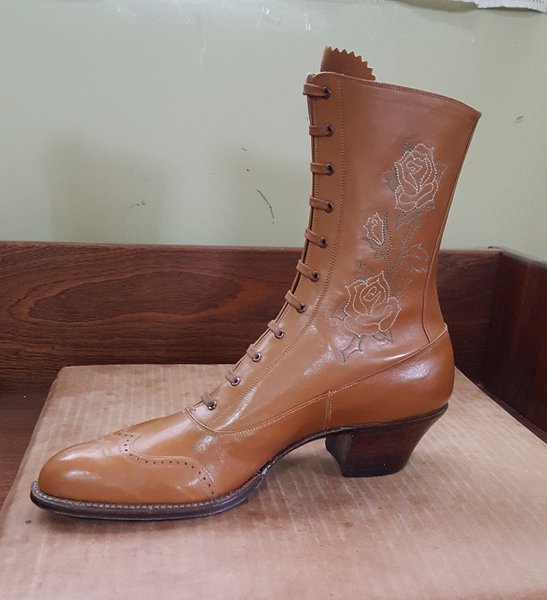chogall
Distinguished Member
- Joined
- Aug 12, 2011
- Messages
- 6,562
- Reaction score
- 1,166
Although you are certainly not the only person to use language such as "bullshit," I would appreciate it if you don't direct it at me. It is fine that you vehemently disagree with me, but I really do feel that this would be a better forum if we all avoided crude language. If I have ever used crude language toward you, I apologize sincerely.
I am not some huge fan of complete free-market capitalism, sometimes it doesn't yield the best outcome for society. That said, I know a lot of well-intentioned regulations have created more problems than they solved.
Whether we like it or not, technology will make most the jobs of today obsolete sooner or later. Again, I am not saying this is a good thing; I just predict that to be the case. Although some people will be able to get jobs as high-end software architects, corporate lawyers, and such, there won't be enough of those jobs to go around. Plus, some people just don't have what it takes to do that kind of work. So, what will all those good, decent people do, when robots are cleaning hotel rooms, driving cars, and picking vegetables in the field? I assert that making high-quality products with their hands, providing the human touch, will be a reasonable option for a small number of them. Of course, a lot of people won't be good at that either, so they better be darn friendly and congenial, because I don't know what they're going to do other than work as servants for the aforementioned folk. Well, I guess some could be teachers.(No, seriously, teaching is one of the most noble professions, so please don't take my joke that way.)
Overall for the past decade or so there's little enterprising technology innovations that boosts productivity. Instead all those great talks in the Valley are mostly value destruction and self cannibalizing price competitions; i.e., sharing economy, SaaS, or regulatory arbitrage, instead of hard tech improvements like solid states and AI.
Technology will indeed making a lot of the jobs today obsolete. Just like it did when it made shoemaking obsolete. But unfortunately not everyone can be trained as code monkey compare to physical laborers or service providers. And there will always be cases where human touch is still essential; i.e., the well endowed will likely to prefer a human nurse to a robot nurse, handmade shoes to injection mold Crocs, or Vinyl record to Spotify streaming.
Do you know that, according to RIAA, total vinyl sales in 2015 is greater than all streaming music ad revenue combined, including Spotify, SoundCloud, Youtube, etc? Maybe one day the overall bespoke shoe sales will be greater than luxury RTW shoe sales, but that's pretty far stretched goal.

